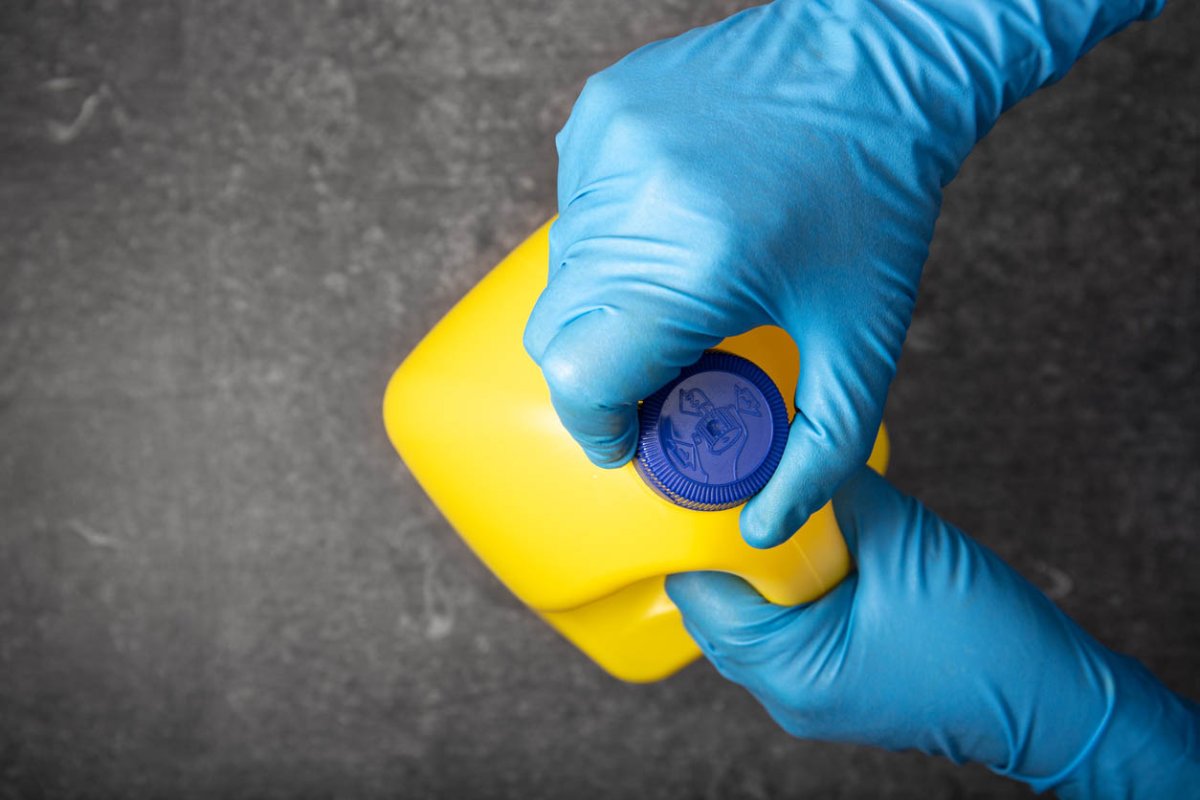We may earn revenue from the products available on this page and participate in affiliate programs. Learn More ›
Q: I have a bed bug infestation, and I’d like to take care of it quickly at home. Does bleach kill bed bugs?
A: For homeowners with a bed bug problem, there’s good news: yes, bleach does kill bed bugs! However, it’s crucial to understand how to use it safely and effectively. In certain situations, though, the problem may have progressed too far, and a professional needs to handle it.
Bleach is more than just a powerful cleanser; it is also a powerful pesticide. It can get rid of various pests, including drain flies and mosquitoes. If you’re looking to kill bed bugs at home, here’s what you need to know about using bleach to get rid of these pests once and for all.
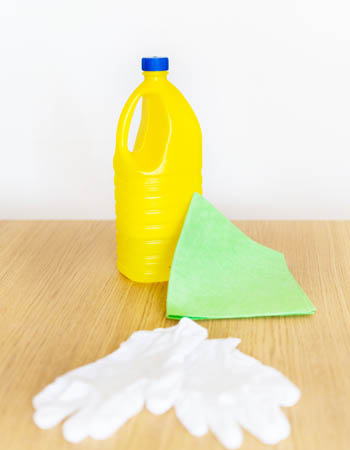
Bleach contains hypochlorite, an ingredient that kills bed bugs.
Bleach is a sodium hypochlorite solution, according to Terminix. It has a pH of 11 and breaks down proteins to render them defective. If the bleach makes direct contact with the bed bugs and their eggs, their bodies will absorb the acid, killing them.
Bleach fumes suffocate bed bugs.
In addition to its harsh properties, bleach is also known for its strong smell—a trait that makes it difficult for some people to use directly or for extended periods. These fumes also suffocate bed bugs by interfering with their respiratory system.
Bleach denatures the protein membrane of bed bugs and gives bed bugs a fever-like experience.
Sodium hypochlorite, the active ingredient in bleach, works by denaturing the protein membrane of bed bugs. This renders the bugs’ immune system defenseless and gives them a reaction similar to a human fever, eventually killing them. This is especially effective when using bleach in the laundry to kill bed bugs on sheets and clothing, as the heat makes bed bugs immobile.
If too much water dilutes the bleach, the smell won’t be as strong, and the solution won’t kill bed bugs.
For those who are sensitive to the scent of bleach, it can be tempting to dilute the bleach solution with plenty of water. While this will make the smell easier for the homeowner to handle, it, unfortunately, has the same impact on bed bugs. Therefore, an overly diluted solution won’t effectively kill bed bugs. A 1:1 ratio of hot water to bleach is recommended to maximize the bleach’s benefits without making the user too uncomfortable.
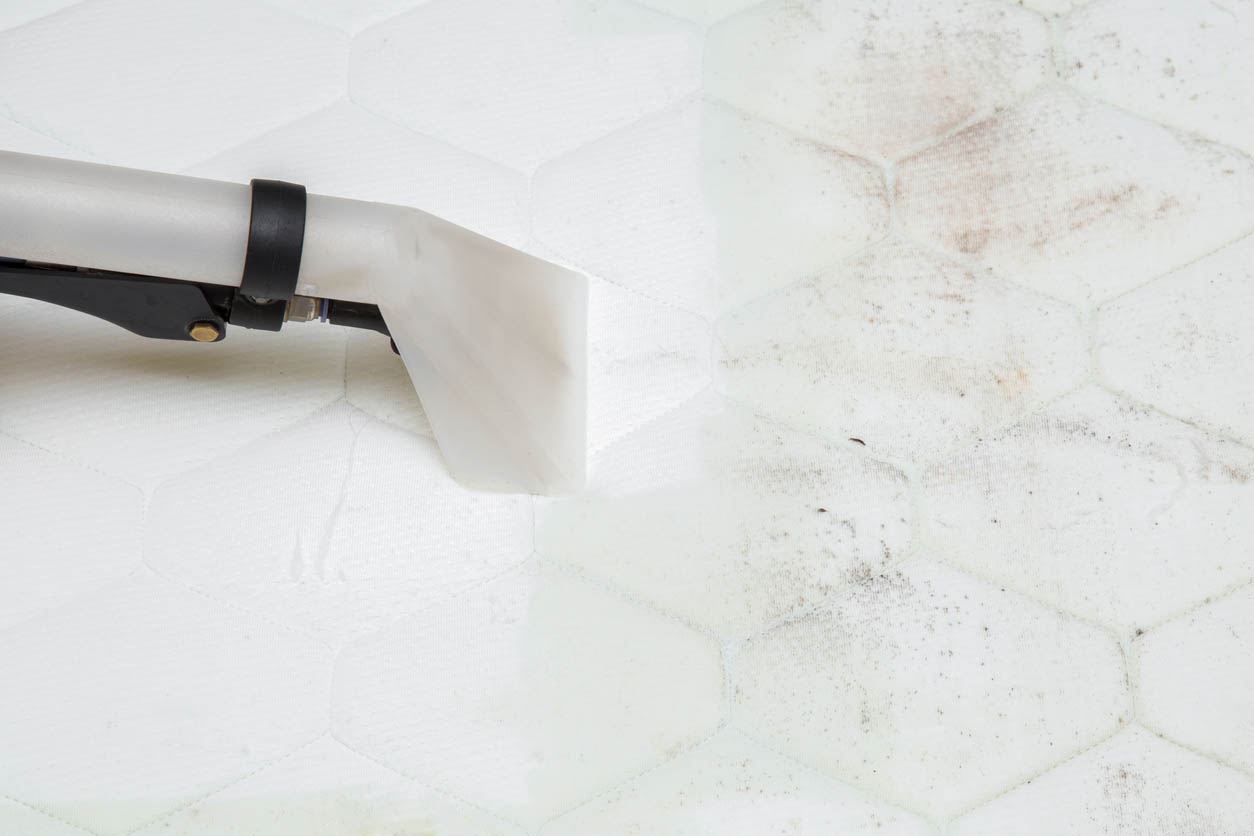
How to Use Bleach to Kill Bed Bugs
Armed with an understanding of how bleach works to kill bed bugs, it’s now time to put that knowledge to action. Here’s how to eliminate bed bugs from your home.
Gather the necessary equipment.
Homeowners will need the following to complete the bed bug removal process:
- Flashlight
- Laundry detergent
- Washing machine
- Liquid bleach
- Vacuum cleaner with hose attachment
- Spray bottle
- Rubber utility gloves
- Washcloths
- Bucket
Inspect and prep the house thoroughly.
Use a flashlight to examine the bed, mattress, and any furniture carefully. Identify any spots with bed bugs (dead or alive), their eggs, or their dung or husks. Before beginning the cleaning process, clear out any junk and ensure all corners and crevices are easily accessible.
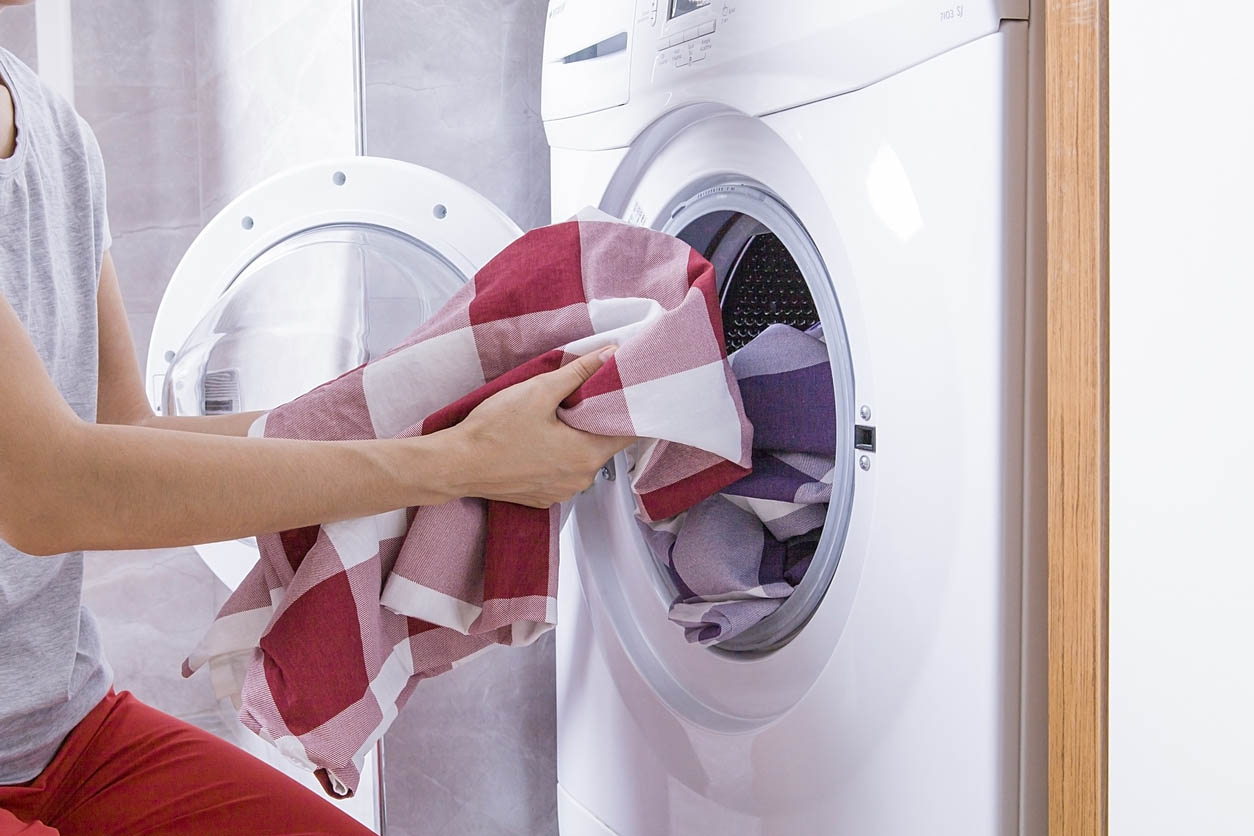
Deep clean the home.
First, put any blankets and sheets in the laundry as they are likely to carry bed bugs. Wash them with boiling water, bleach, and detergent; when drying, use the maximum possible heat they can stand. Then use the vacuum cleaner on mattresses, cushions, inside of drawers, and any other furniture. Remove and seal the vacuum bag, then dispose of it.
Once everything is prepared, it’s time to use your bleach. Make a mixture of hot water and bleach in a spray bottle. Wearing rubber utility gloves to protect your hands, spray liberally on the mattress (including bed corners, box spring, and edges) and any other affected furniture.
For any other areas besides the mattress and other furniture, a washcloth can ensure that no traces of bed bugs are left behind. Dip the washcloth in your water-bleach mixture, then use it to reach areas like the insides of drawers and baseboards.
Give everything time to dry.
Bleach takes at minimum a few hours to effectively kill bed bugs, but it is advised to wait 24 to 48 hours to allow everything to dry. For homeowners who are allergic or sensitive to the smell of bleach, leaving the house and staying elsewhere during this time will allow the scent to dissipate and ensure that the bed bugs are gone for good.
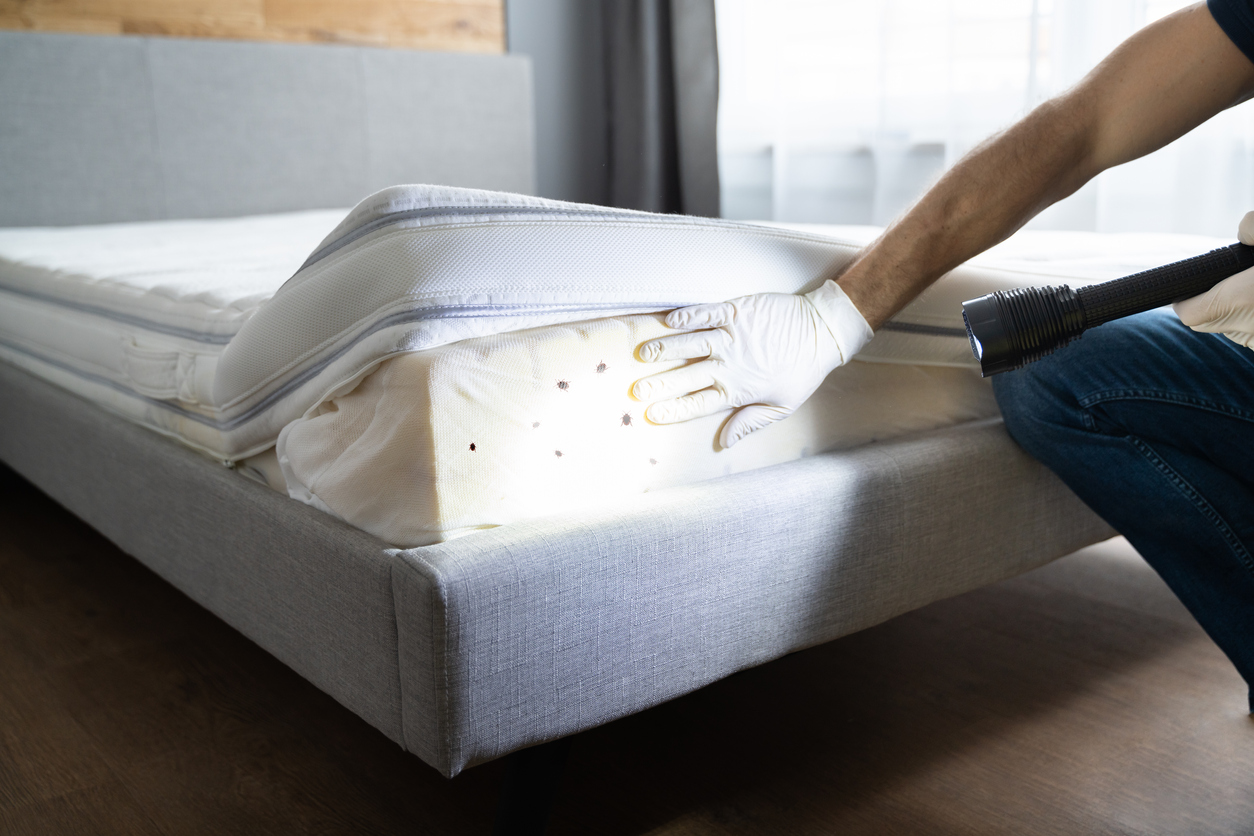
Take preventative measures.
Once the bedbug infestation is at bay, taking a few preventive measures can help reduce the problem from recurring. Use a protective cover on mattresses and box springs, making sure to inspect it regularly for any holes. Frequent cleaning (especially in nooks and crannies) and keeping clutter to a minimum can also reduce potential hiding spots for bedbugs.
For those in multi-family homes or apartment/condo complexes, installing door sweeps on the bottoms of doors and sealing any cracks and crevices can discourage bed bug movement through these spaces.
Hire a professional to get rid of bed bugs.
For homeowners who are not comfortable with the DIY approach to bed bug removal, call one of the best bed bug exterminators like Orkin or Terminix. An expert can quickly confirm the presence and severity of a bed bug infestation. They’ll have the training and experience to kill bed bugs in apparent areas and in hard-to-reach or hidden areas within the home. Finally, a professional can also help manage preventative measures to keep the infestation from happening again.
Whether you hire a professional or take care of the problem yourself will ultimately come down to three major factors: your budget, confidence, and the amount of time and energy you can devote to the project. If you’re on a limited budget but have the necessary time and skill to tackle the endeavor, a DIY approach can work well. If you’re not feeling confident or don’t have the time but are willing to spend money to eliminate the problem quickly, it’s best to call in a pro.

